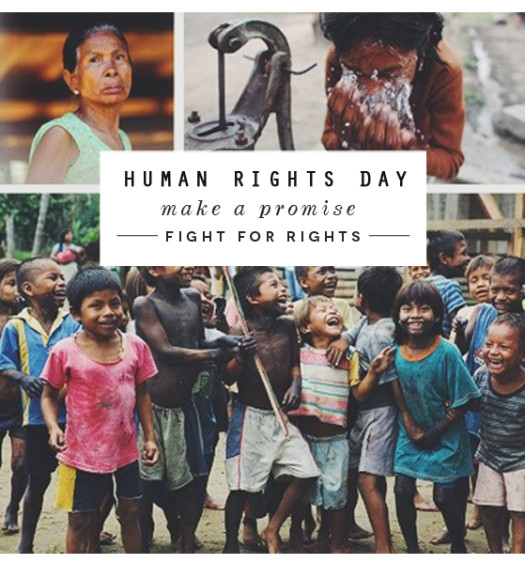The Power of Working with Boys and Girls, Together
The international development community is very focused on women and girls these days. And rightly so. Around the world, girls have been neglected and discriminated against, abused and worse for far too long. Where boys go to school, girls stay home. Men’s paychecks are larger than women’s, although the burden they bear in society is arguably much smaller. Even when every dignity has been denied, when they can’t read, write, vote, or drive, women wake up and risk their lives for the futures of their families. This inequity stifles not only their own development, but the development of all those around them, as well.
Research shows that educating a girl has a very different impact on the well-being of those around her than does educating a boy. She will use her education to take better care of her children and not just herself. She will invest as much as $0.80 of every dollar back into her family, as compared to only $0.30 from men. We now regularly hear this this clarion call to change the way we approach international development: “If we educate a boy, we educate one person. If we educate a girl, we educate a family.”
But while Reading Village believes it’s crucial to awaken the world’s attention to the importance and worth of girls, we do so a little differently. We don’t focus on girls at the exclusion of boys. We focus on girls and boys together.
At least 50% of the teens in our youth leadership program are girls. Participation in the program requires the teens to work side by side to give back to their communities. In communities where women are more often illiterate and almost always confined to the home, our scholars are learning and working together for the common good of their fellow citizens. They may begin the program self segregated, seated in a circle with boys on one side and girls on the other, but long before the end of their four years together they are teammates, thinking partners, and close friends. The boys learn to respect the girls, see that they have good ideas and are capable of creating change. The girls learn to trust the boys, see that they want the same things for their families and share common visions for their community.
In this way, Reading Village not only develops educated female leaders but also educated male leaders who treat females as equals and will one day be husbands, fathers and coworkers.
During the four critical years of adolescent development, the young men in our program spend three hours a week reading to younger children–concerning themselves with their well being and nurturing their creativity and development as a whole person. What better training could they receive to prepare them for fatherhood? What better way to foster their value in the education of their future daughters, to convince them to encourage their little girls to achieve as much as they encourage their sons?
So, yes, it is important to educate girls as well as boys. And in societies where females have been shunned from any notion of civic participation the only option may be gender-specific programming. But in most corners of the world where males and females can interact in common social spaces, we believe there is value in fostering healthy relationships between the boys and girls who will be the future leaders of society. That means bringing them together, not holding them apart.
LEARN. CONNECT. ACT.
Learn more about Reading Village
Connect via Facebook and Twitter
FROM THE EDITOR
At Conscious, we are inspired by remarkable people and organizations, and so we set out to tell stories that highlight global initiatives, innovation, community development, and social impact. You can read more stories like this when you subscribe




